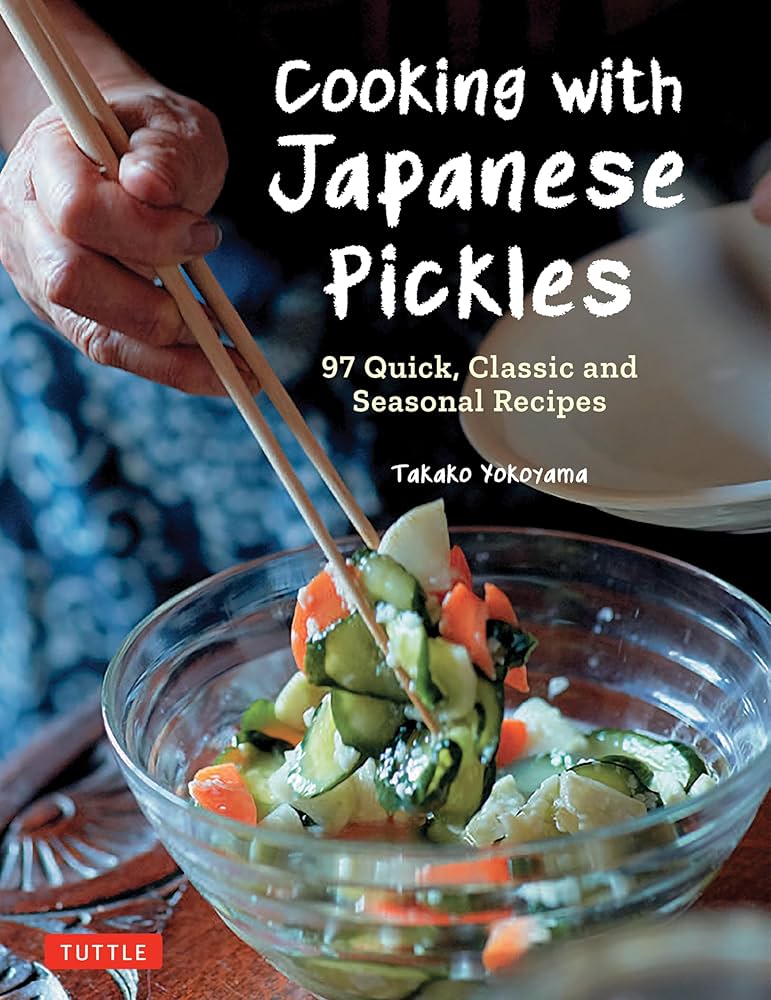Celebrating Canning: The Rise of the Pickle-Off and the Revival of Food Sovereignty

In an age where food sovereignty and local sustenance are becoming paramount, urban communities are leading the charge with innovative events that celebrate culinary traditions. One shining example is the annual Pickle-Off at the Four Sisters Farmers Market in Minneapolis. This exciting celebration not only showcases the pickling prowess of local enthusiasts but also rekindles the spirit of community and cultural pride that comes with food preservation.
The Roots of the Pickle-Off
Launched as a friendly contest among neighbors, the Pickle-Off has evolved into a vibrant gathering that promotes food sovereignty within the Indigenous community. Organizer Cassie Holmes, a proud member of the Lac Courte Oreilles Lake Superior Band of Ojibwe, has been instrumental in fostering this competition. Each year, she leads the charge, handing out awards that bear the playful slogan “kind of a big dill,” a nod to the integrity and effort that each participant brings to the event.
As Holmes explained, the event began when a playful rivalry emerged between local farmers and city council members over who could make the best pickles. This annual ritual now serves as a cornerstone for community bonding and educational opportunities around food preservation.

A Celebration of Local Flavor
This year’s event is particularly special, marking its third anniversary amid a backdrop of increasing interest in local food systems. Sponsored by the Native American Community Development Institute and the Indian Health Board of Minneapolis, it emphasizes the importance of healthier food networks that Indigenous people can cultivate themselves.
Holmes shares that the competition encourages participants to preserve the bounty of their gardens for the winter while fostering a sense of ownership over their food sources. This aligns perfectly with ongoing efforts to reclaim and revitalize Indigenous food practices, which are crucial for both cultural continuity and self-sufficiency.

Small Businesses at the Forefront
Among the participants this year were local entrepreneurs like Tyra Payer and Paige Hietpas, who operate a canning business whimsically titled “CanIHaveSome.” The duo, who also entered their pickles in the contest, embody the passion for food preservation that extends beyond mere hobby into a lifeline for cultural expression.
Payer, a citizen of the Turtle Mountain Ojibwe tribe, indicated that the venture isn’t just about business. “For us, it’s a way to eat healthy delicious foods and share it with loved ones. It’s a way to keep a lot of these traditions going,” she said.
This blend of tradition and entrepreneurship reflects a growing trend within urban Indigenous communities, aiming to thrive amid the hustle and bustle of city life while staying true to their roots.

Judging Criteria: The Quest for the Best Pickle
The Pickle-Off featured multiple judges sampling an impressive variety of entries in both the Dill and Specialty categories. The competition was fierce, with pickles judged on visual appeal, crunch, color, and, of course, taste.
Destiny Jones, a member of the Ho-Chunk Nation, clinched the coveted title of Best Pickle with her fiery “Spicy Dill” preparation—a vibrant mix of fresh herbs, including dill and garlic, topped off with fresh peppers. Reflecting on her culinary creation, Jones noted, “Getting those flavors right, I feel that definitely got me some extra points.”

Erdrich, another notable contestant from the Turtle Mountain Ojibwe tribe, also secured a win with her exceptional bread and butter pickles. Sharing her secret, she proclaimed, “I grow all my own cucumbers; I have a special way of growing them so that they grow vertically,” demonstrating how urban gardeners can maximize their space while enjoying fresh produce.

Judges like Jason Garcia emphasized the significance of events like these in rebuilding local Indigenous food networks that not only foster community but also echo holistic approaches to food sovereignty.
Education Through Preservation
Coinciding with Food Preservation Month, the Pickle-Off also served as a platform for teaching others about the various methods of food preservation, including curing, pickling, freezing, and canning. It’s an opportunity for both newcomers and seasoned canners to learn valuable practices that’ll not only provide sustenance but also cultivate skills vital for self-reliance.

As the tradition of canning re-emerges from the shadows of the past into the spotlight of modern culinary art, gatherings like the Pickle-Off play a pivotal role in ensuring these cherished practices continue to thrive.
For many, canning is more than just a method of food preservation; it captures the essence of community, culture, and shared identity. As we all strive for a more sustainable and self-sufficient future, embracing these age-old techniques could well be central to reclaiming our food narratives and building healthier communities.
Join the Movement!
For those interested in diving deeper into the world of canning, hands-on classes are available. For instance, a class on how to safely preserve delicious products is scheduled for October 7. It promises to enlighten participants on the ins and outs of canning success, featuring topics such as dill pickle preparation led by experienced instructors.
To find out more and register for such events, keep an eye on local extension offices or community advertisements. It’s time to rediscover cooking at home and join in this important culinary revival!














